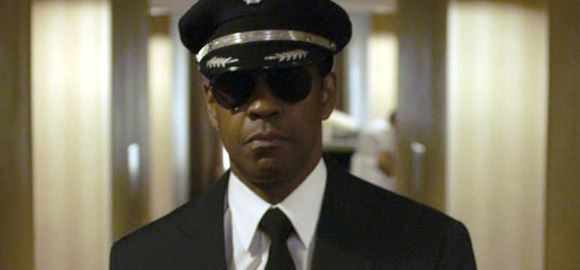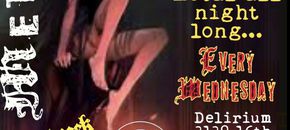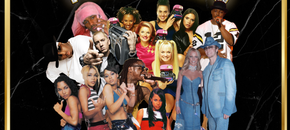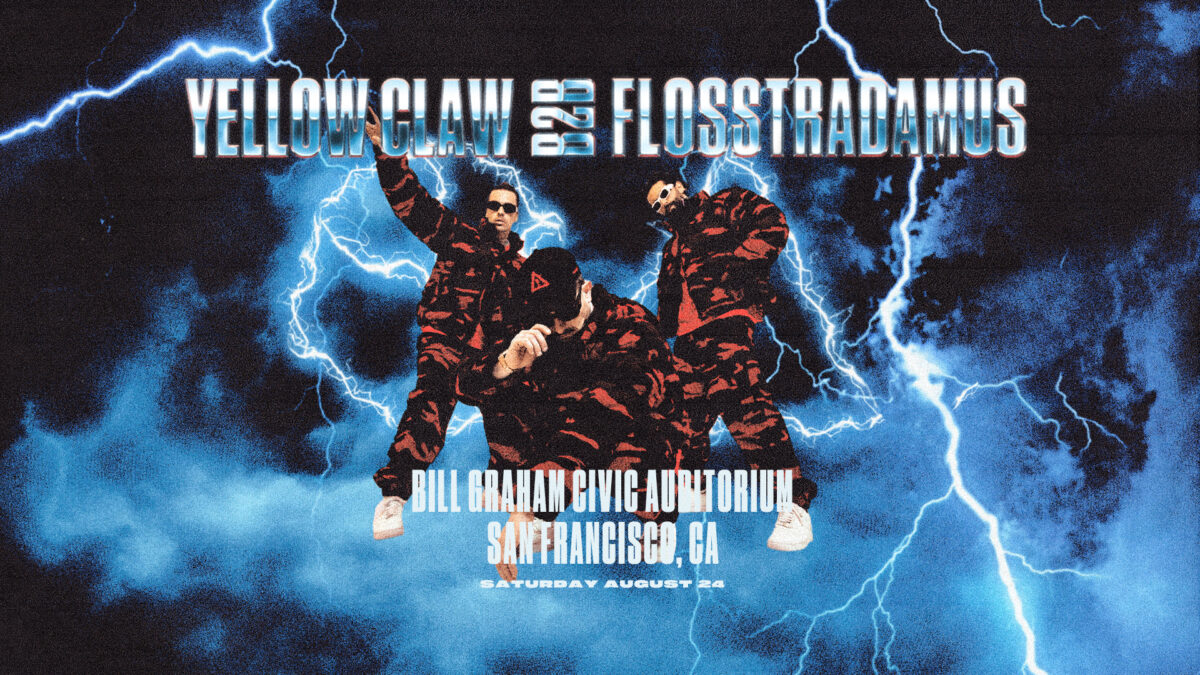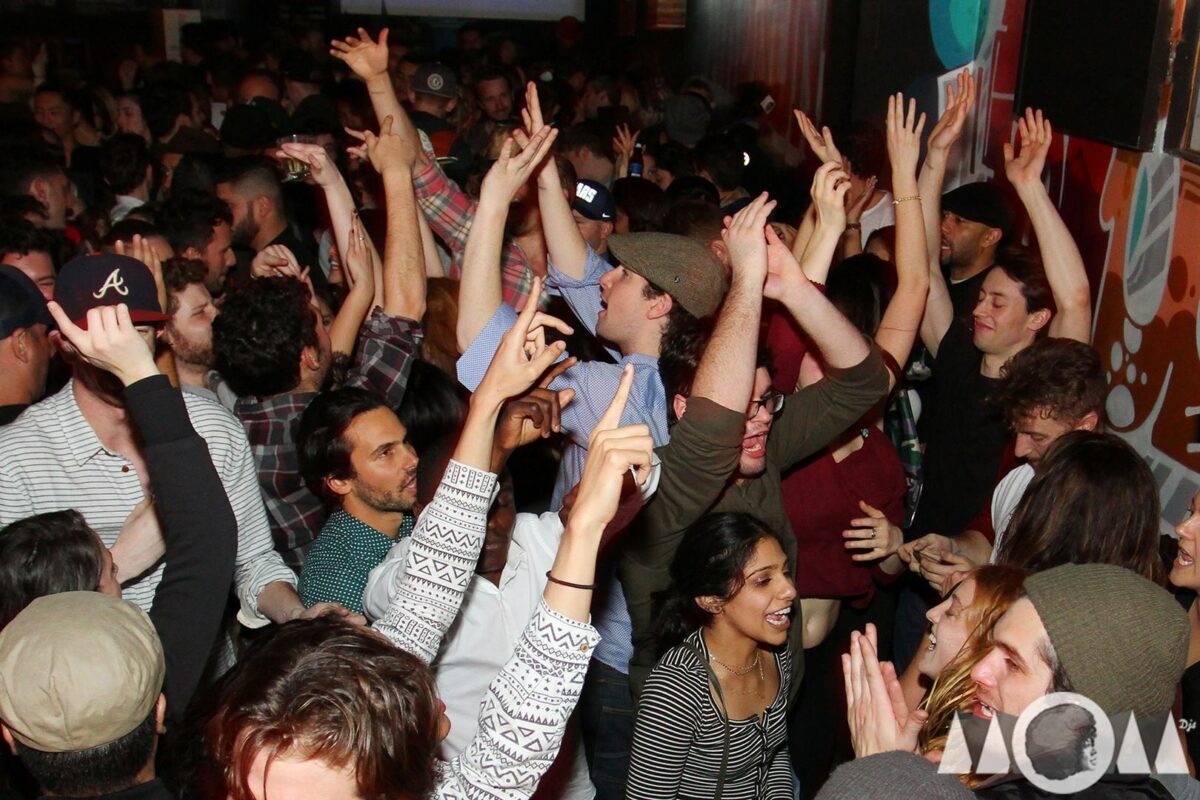Movie Review: Flight
Despite a mostly good lead by Denzel Washington and a return to live-action filmmaking by Robert Zemeckis, Flight doesn’t exactly soar.
While the premise of the film is simple, it’s also one that can be mined for drama, controversy and friction. Robert Zemeckis does ratchet up the tension, with some help from Denzel Washington, but he’s ultimately afraid to take it in a truly dark direction and is more concerned with tying a big bow around everything. He takes the story of alcoholic airline pilot Whip Whitaker (Denzel Washington) and the aftermath of a horrific plane crash, but one which had only a few casualties due to Whitaker’s quick thinking and unorthodox skills as a pilot. However, because Whitaker was drunk, and even high on cocaine, during the flight his heroism becomes, rightfully, questioned.
What the film does best is that it never questions Whitaker’s skill as a pilot and his actions in saving the doomed flight. But it also never paints him as a hero because of his alcohol and drug problems. He was possibly the only one who could’ve saved the flight but that doesn’t make him a hero if he was drunk doing it. That’s exactly how he feels immediately following the crash. After waking up in the hospital he sees friend and union representative Charlie (Bruce Greenwood) who tells him that, per protocol, there will be an official investigation. Whitaker looks visibly shaken but Washington makes it obvious that he’s worried about the conclusions people will draw about his condition.
It’s when his very old friend, and clear comic relief for the film, Harling (John Goodman) stops by that Whitaker seems to have changed. Harling brings by a few things for his friend, including alcohol to which Whitaker tells him to get rid of it, he’s quit. It seems as if he’s turned a corner and that’s when he meets Nicole (Kelly Reilly) in a stairwell, where both escape to smoke, who had a concurrent story with Whitaker and landed in the same hospital following an overdose. Both are drawn to each other, their addictions obviously the link. But once Whitaker is out, he retreats to his father’s abandoned farm and immediately purges it of all substances — a ridiculous amount of alcohol, as well as some pot and cocaine. However, once he finds out from Charlie and his union lawyer Hugh (Don Cheadle) that his blood was taken at the crash scene and shows he was extremely drunk, as well as had cocaine in his system, he can’t seem to stay on the wagon anymore.
The main issue the film has is that Zemeckis seems more interested in setting up the situations Whitaker gets into rather than creating a film that’s about his struggle and follows that organically. Characters come and go as they fit the plot, especially Harling who shows up in the beginning but then disappears for nearly the rest of the film until the very end. Nicole and Whitaker shack up, and while it’s obvious that this is meant to turn into something serious, it never feels like more than a recovering addict and an addict who can’t seem to recover getting together because they have this tenuous tie to each other. Maybe Washington and Reilly don’t have much chemistry, but their relationship seems to progress quickly and never feels like the roots ever grow that deep.
Zemeckis and Washington are talented enough to take the film’s ambiguous hero, give him good ambitions but watch him flush it all down the toilet due to his addictions. It never questions his ability as a pilot, in that regard he’s better wasted than most are stone sober, but it doesn’t dive deeply enough into the moral grey area he’s in. A truly darker film that struggled with Whitaker’s straddling the hero/anti-hero line would’ve created a more engaging film, but in the end it has to be a feel good movie where everyone hugs and overcomes their issues.
Rating: 3.5 out of 5
